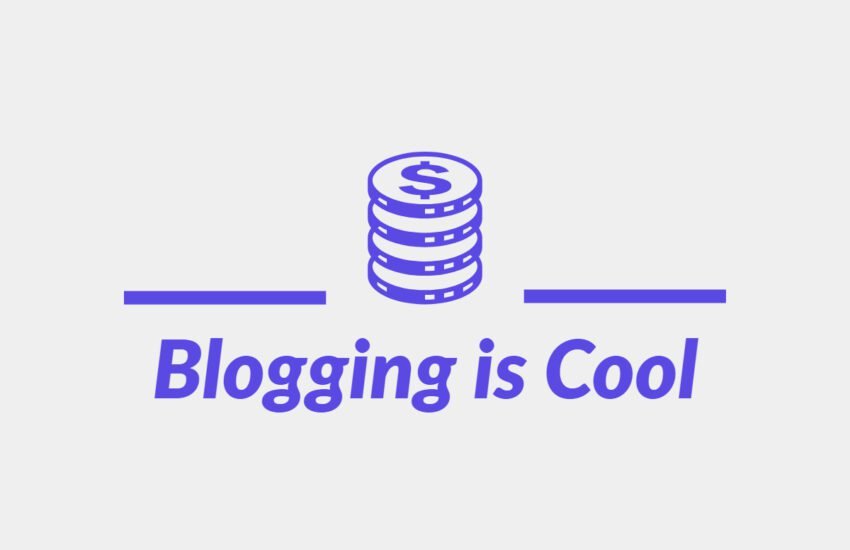The Importance of Organic Backlinks for Blog Ranking
When it comes to improving the ranking of your blog, there is often a lot of emphasis placed on the importance of backlinks. While backlinks can indeed play a significant role in boosting your blog’s visibility and authority, it is essential to approach them in a natural and organic manner.
Many bloggers make the mistake of solely focusing on creating backlinks, often resorting to tactics that are against Google’s guidelines. These tactics include buying links, participating in link schemes, or using automated tools to generate backlinks. However, it’s important to note that Google has become increasingly sophisticated in identifying and penalizing such practices.
Instead of concentrating on making backlinks for the sake of it, it is crucial to prioritize creating high-quality content that is valuable and informative to your target audience. When your blog posts start ranking well in search engines, people will naturally be inclined to link to your content as a reference or resource for their own users.
Organic backlinks, also known as natural or editorial links, are links that are voluntarily given by other websites because they find your content valuable and worth sharing. These backlinks are considered more valuable by search engines like Google because they are seen as an endorsement of your content’s quality and relevance.
So, how can you encourage the generation of organic backlinks to your blog? Here are a few strategies to consider:
Create High-Quality Content
As mentioned earlier, the foundation of generating organic backlinks is to create content that is informative, engaging, and valuable to your target audience. By consistently publishing high-quality articles, tutorials, guides, or other forms of content, you increase the likelihood of other websites linking to your blog as a reputable source of information.
Guest Blogging
Guest blogging is a mutually beneficial strategy where you write articles for other blogs in your niche, including a link back to your own blog in the author bio or within the content itself. This not only helps you reach a new audience but also allows you to establish yourself as an authority in your field.
Build Relationships with Influencers and Industry Experts
Networking and building relationships with influencers and industry experts can open doors for collaboration opportunities and potential backlinks. By engaging with them through social media, attending industry events, or reaching out for interviews or expert quotes, you increase the chances of them linking to your blog or mentioning your content in their own articles.
Promote Your Content
Creating great content is just the first step; you also need to actively promote it. Share your blog posts on social media platforms, participate in relevant online communities and forums, and reach out to your email subscribers to let them know about your latest content. The more exposure your blog receives, the higher the likelihood of other websites discovering and linking to it.
Optimize Your On-Page SEO
While organic backlinks primarily depend on the quality of your content, optimizing your on-page SEO can also help improve your chances of attracting backlinks. Ensure your blog posts have descriptive and keyword-rich titles, meta descriptions, and headings. Additionally, make it easy for others to link to your content by including social sharing buttons or providing embeddable infographics or videos.
In conclusion, rather than solely focusing on creating backlinks, it is crucial to prioritize creating high-quality content that naturally attracts organic backlinks. By following the strategies mentioned above and consistently delivering valuable content to your target audience, you can increase your blog’s visibility, authority, and ultimately, its ranking in search engine results.

